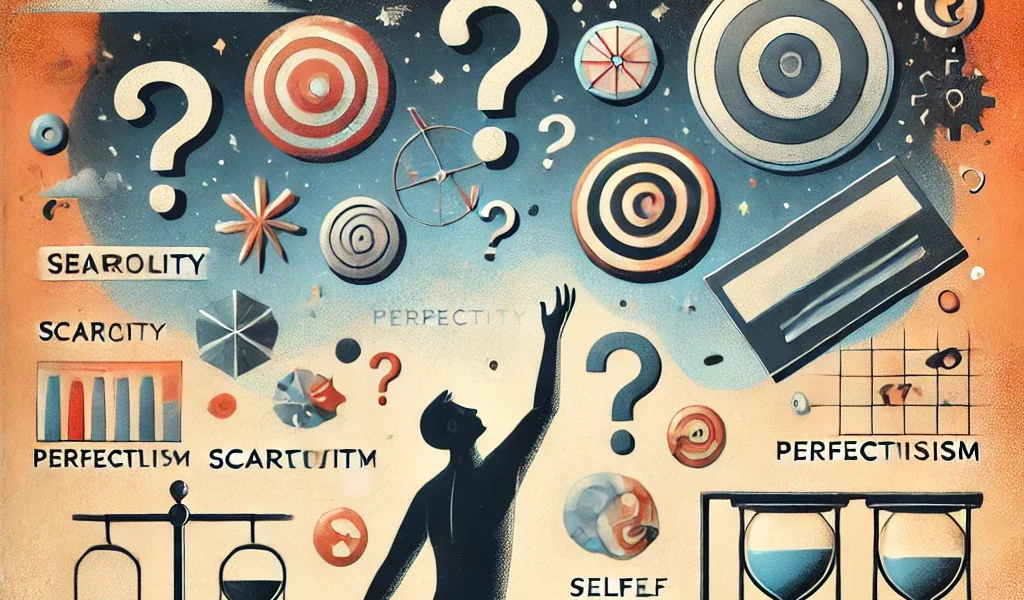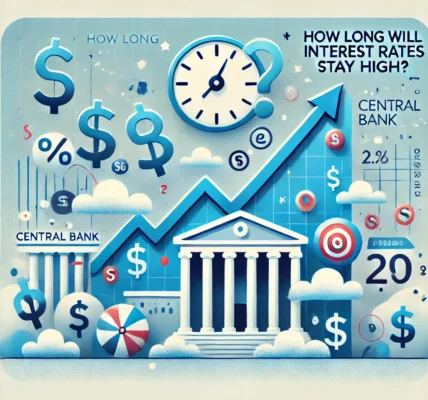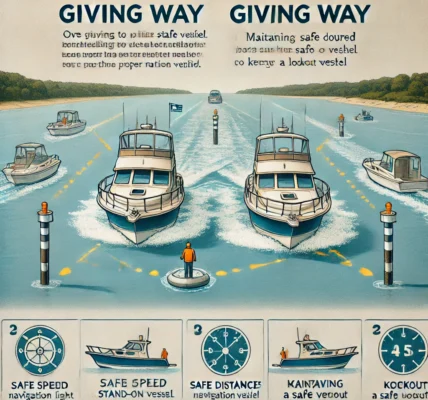The desire for things we can’t have is a universal experience, from unattainable relationships to unreachable career goals or material possessions beyond our means. But why is it that we often yearn for the things that are out of reach? This phenomenon is rooted in complex psychological and emotional factors. In this article, we will explore why we want what we can’t have, drawing insights from nine experts across various fields of psychology, sociology, and behavioral science.
Table of Contents
- Scarcity and Desire
- Psychological Reactance
- Fear of Missing Out (FOMO)
- The Grass is Greener Syndrome
- Perception of Value
- Attachment Theory and Unfulfilled Needs
- Self-Esteem and Insecurity
- The Pursuit of Perfection
- Cognitive Dissonance and Rationalization
- Conclusion
1. Scarcity and Desire
Scarcity plays a major role in why we want things we can’t have. According to Dr. Robert Cialdini, a renowned psychologist known for his work on influence and persuasion, scarcity heightens desire. Cialdini explains that when something is perceived as scarce or rare, its value is inflated in our minds, making us want it even more.
When resources are limited, whether they are products, relationships, or opportunities, we feel an increased urgency to acquire them before they disappear entirely. This scarcity principle taps into our basic survival instincts, compelling us to chase after things that are difficult to attain.
Expert Insight:
- Dr. Robert Cialdini: “Opportunities seem more valuable to us when their availability is limited.”
2. Psychological Reactance
Another key factor is psychological reactance, a theory developed by Dr. Jack Brehm in 1966. This concept describes the emotional reaction we experience when we perceive that our freedom to choose is being restricted. When we are told we can’t have something, we often feel a strong urge to rebel against that limitation.
This psychological pushback can intensify our desire for the restricted object, making us want it even more than we did before. It’s the classic “forbidden fruit” scenario—being told “no” makes the desire more powerful.
Expert Insight:
- Dr. Jack Brehm: “When individuals perceive a restriction on their ability to choose, they experience an emotional response known as reactance, leading to increased desire for the restricted option.”
3. Fear of Missing Out (FOMO)
FOMO, or the fear of missing out, is another major psychological driver that can make unattainable things seem more appealing. This concept is tied to our social instincts. We fear being left behind or excluded from opportunities that others may experience, which can magnify our desire for things we can’t have.
According to Dr. Andrew Przybylski, a psychologist who has studied FOMO, the fear of missing out on experiences, relationships, or status symbols can lead to anxiety and a heightened focus on what we lack. The more we focus on these unattainable things, the more desirable they become.
Expert Insight:
- Dr. Andrew Przybylski: “FOMO is driven by the psychological need to belong and the fear of social exclusion, which intensifies the desire for what we perceive we are missing out on.”
4. The Grass is Greener Syndrome
The saying “the grass is always greener on the other side” encapsulates the idea that we often idealize what we don’t have. This grass is greener syndrome stems from our tendency to compare our lives with others, often believing that things beyond our grasp are better than what we already possess.
Psychologist Dr. Sherry Turkle explains that this mindset can lead to perpetual dissatisfaction, as we convince ourselves that an unattainable object or experience will fulfill our desires, even though this is often not the case.
Expert Insight:
- Dr. Sherry Turkle: “We often idealize the things we can’t have, projecting our hopes and dreams onto them, even when what we already have may be equally fulfilling.”
5. Perception of Value
Perception plays a significant role in desire. According to Dr. Dan Ariely, a behavioral economist, our perception of the value of something increases when it is hard to obtain. When we are unable to acquire something, we assign it more value in our minds, believing it to be more special or important than it actually may be.
This can be particularly powerful when it comes to material possessions or status symbols. We may overestimate the satisfaction we would derive from obtaining the unattainable, simply because it seems out of reach.
Expert Insight:
- Dr. Dan Ariely: “We overvalue things that are difficult to obtain, as the effort or impossibility of acquiring them makes them seem more valuable than they are.”
6. Attachment Theory and Unfulfilled Needs
Attachment theory, as explained by Dr. John Bowlby, suggests that our early childhood experiences can shape our patterns of desire and attachment in adulthood. If we experienced unfulfilled needs or emotional deprivation early on, we may be more likely to crave things we can’t have as adults.
In romantic relationships, for example, we may be drawn to unattainable partners because they mirror unresolved emotional experiences from our past. This yearning for the unattainable can be an attempt to resolve deep-seated emotional needs that were never met.
Expert Insight:
- Dr. John Bowlby: “Our attachment experiences in early life influence how we form relationships and desires as adults, often leading us to seek out what is unavailable.”
7. Self-Esteem and Insecurity
Self-esteem and insecurity also play a significant role in why we desire the unattainable. Dr. Kristin Neff, a psychologist known for her work on self-compassion, explains that people with lower self-esteem may feel that they are not worthy of things that are easily accessible, leading them to pursue unattainable goals as a way to prove their worth.
In this case, wanting what we can’t have becomes a way to seek validation or boost self-esteem, even if it leads to frustration or disappointment.
Expert Insight:
- Dr. Kristin Neff: “When we lack self-compassion or self-worth, we may chase after unattainable things as a way to validate our value, even when such pursuits are unfulfilling.”
8. The Pursuit of Perfection
Many people chase unattainable goals or desires as part of their pursuit of perfection. According to Dr. Brené Brown, a researcher on vulnerability and perfectionism, the desire for the unattainable often stems from a need to prove that we are “enough.”
Perfectionism can drive us to constantly strive for things that are just out of reach, in the belief that achieving them will finally bring us happiness or fulfillment. However, this pursuit is often never-ending, as the goalposts for what we desire keep shifting.
Expert Insight:
- Dr. Brené Brown: “Perfectionism fuels the desire for unattainable goals as we try to prove our worth, but this pursuit often leaves us feeling even more unworthy.”
9. Cognitive Dissonance and Rationalization
Lastly, cognitive dissonance plays a role in why we want what we can’t have. Cognitive dissonance occurs when our beliefs or desires conflict with reality, creating discomfort. To reduce this discomfort, we may rationalize our desires, convincing ourselves that the unattainable is worth pursuing even if it isn’t.
According to Dr. Leon Festinger, who developed the theory of cognitive dissonance, this internal conflict can lead us to intensify our pursuit of unattainable things as a way to justify our desires and reduce mental tension.
Expert Insight:
- Dr. Leon Festinger: “Cognitive dissonance can lead to rationalizing unattainable desires, making us pursue them more strongly to align our beliefs with our actions.”
Conclusion
The desire for things we can’t have is driven by a complex interplay of psychological factors, from scarcity and FOMO to attachment theory and self-esteem. Understanding these underlying causes can help us manage our desires more effectively and avoid the pitfalls of chasing after unattainable goals. While it’s natural to want what is out of reach, becoming aware of these driving forces can lead to a healthier mindset and more realistic expectations in life.
By recognizing the psychological mechanisms at play, we can learn to appreciate what we already have and focus on achievable, fulfilling goals that bring real satisfaction.




